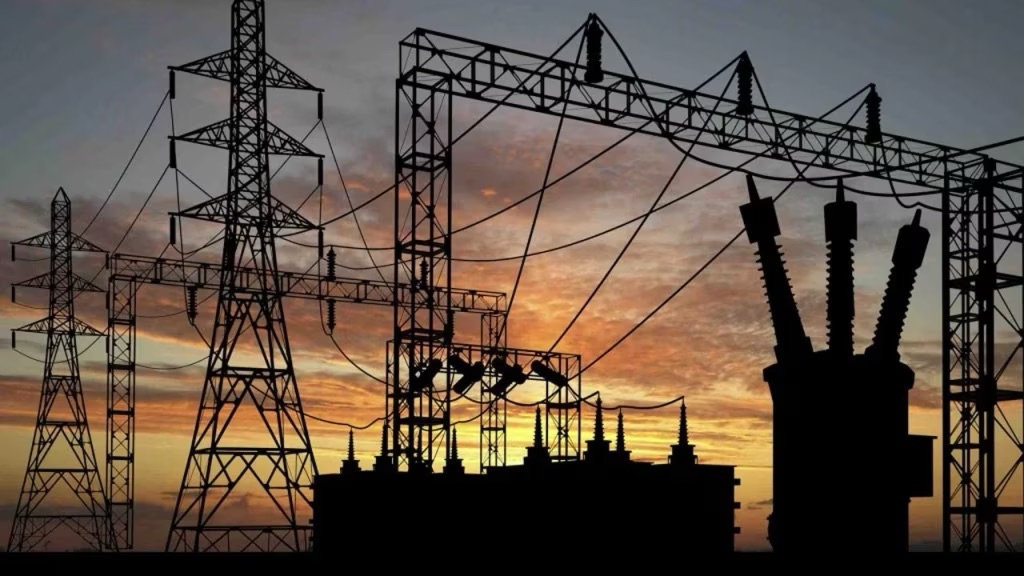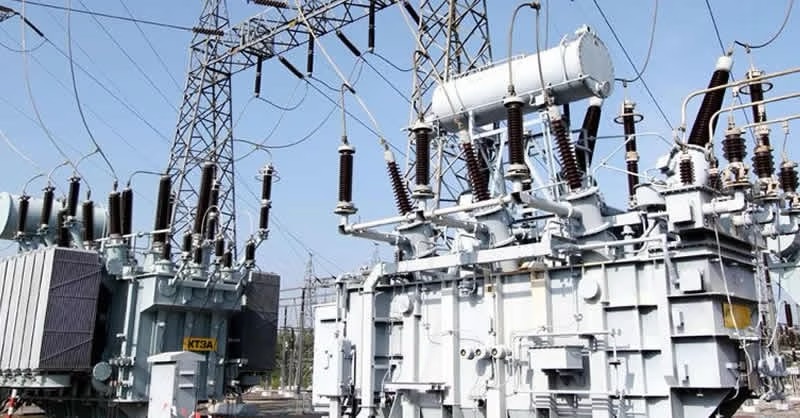Nigeria’s national power grid experienced its twelfth collapse of the year on December 11, 2024, marking yet another setback in the country’s efforts to provide reliable electricity. This persistent issue has resulted in frequent nationwide blackouts, disrupting daily life and business operations. The grid’s instability has been a long-standing problem, with repeated failures intensifying calls for systemic reforms in the power sector.
The root causes of these collapses are multifaceted. Aging infrastructure is a significant factor, as many of the country’s transmission lines and substations are over 40 years old and prone to frequent failures. Additionally, under-investment in the power sector has left the grid ill-equipped to handle fluctuations in demand. Acts of vandalism, particularly in the northern regions, further weaken the system, often leading to widespread outages.

The impact of these failures is profound. The World Bank estimates that Nigeria loses approximately $29 billion annually due to its unreliable power supply, which stifles economic growth and deters potential investors. Industries, healthcare systems, and educational institutions are frequently disrupted, forcing many to rely on expensive private generators as an alternative power source. This reliance further increases the cost of doing business in the country.
In response, the Nigerian government has introduced measures to address the issue, including allowing states to generate and transmit their own power. States like Lagos have begun developing independent power systems to mitigate the impact of national grid failures. Additionally, partnerships with international organizations like the World Bank have led to the creation of mini solar grids aimed at improving access to electricity in rural areas.
Despite these efforts, the recurring grid collapses underscore the need for more comprehensive and sustained reforms. Investments in modernizing infrastructure, enhancing grid security, and diversifying power generation sources are crucial for achieving a stable and reliable energy supply. Without these changes, Nigeria’s power challenges will continue to hinder its socioeconomic development.





